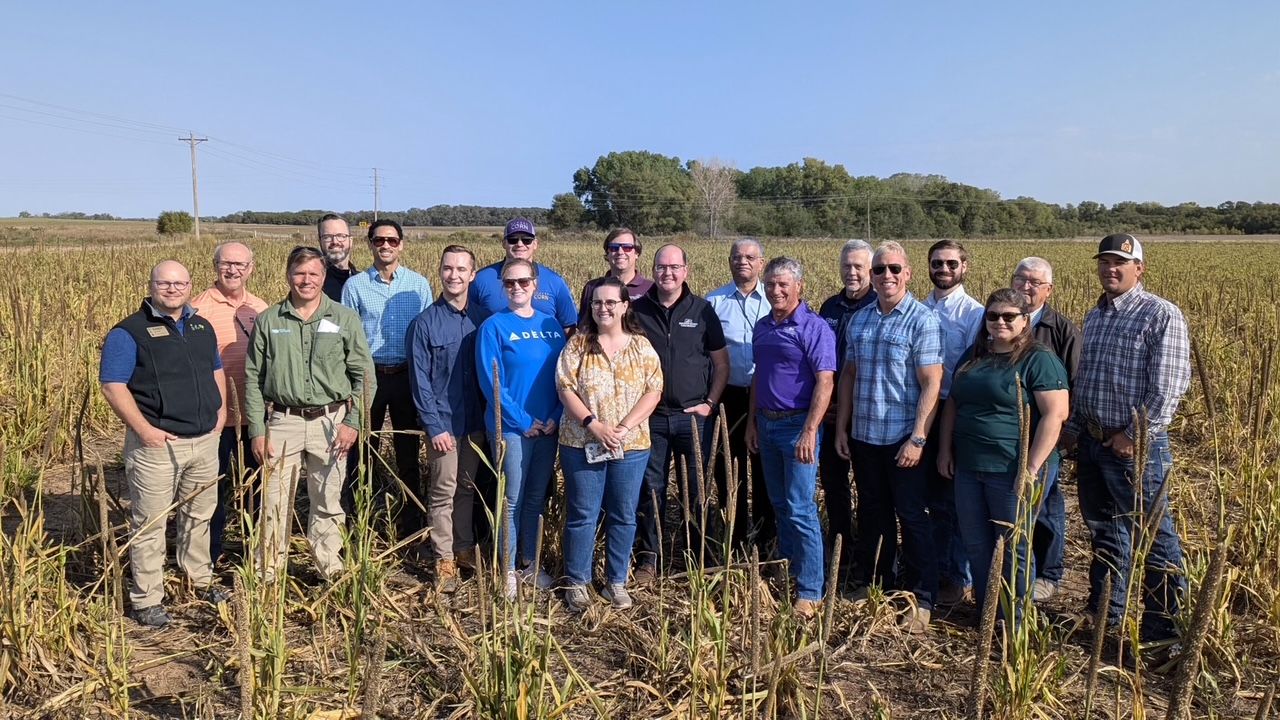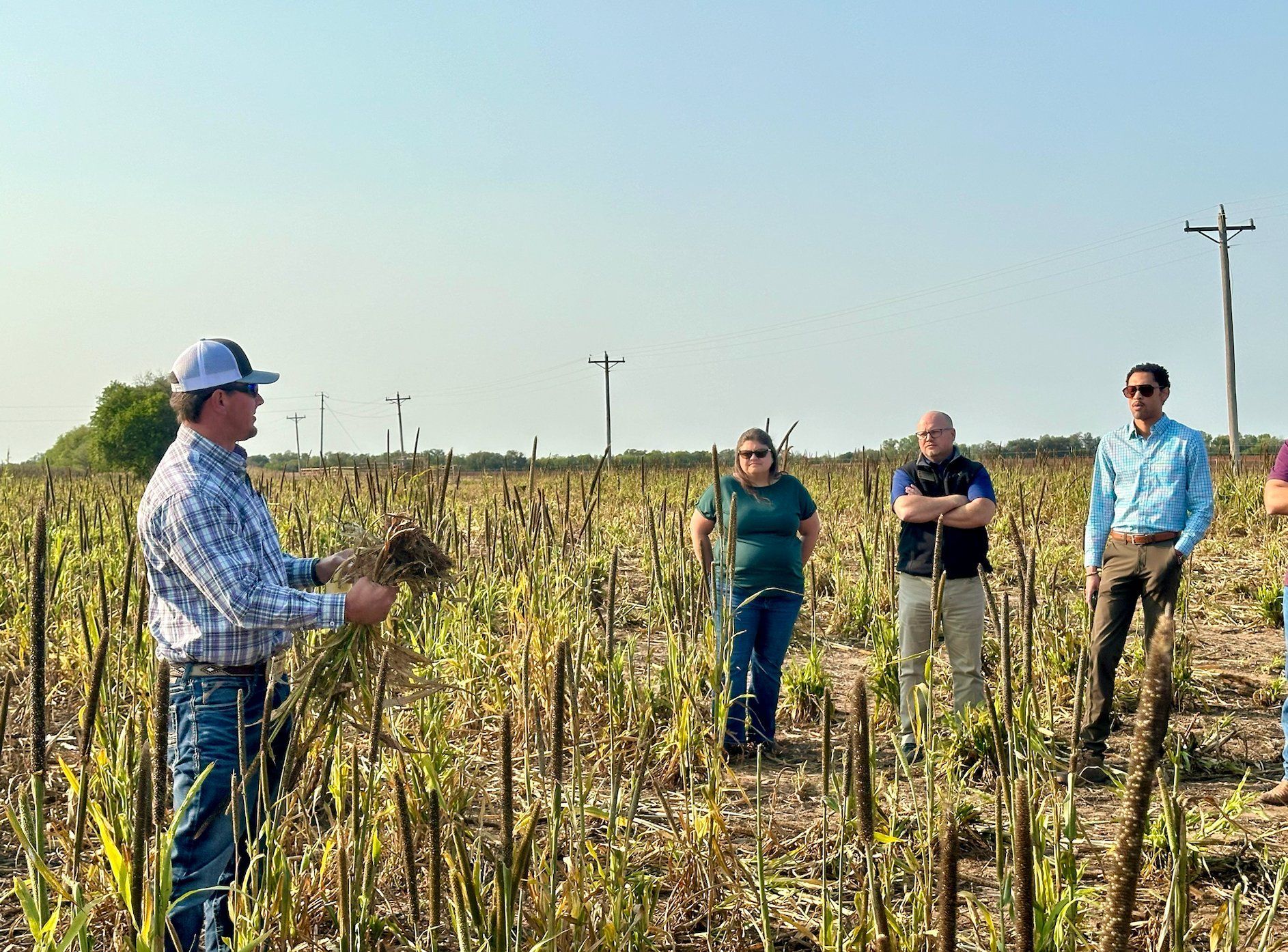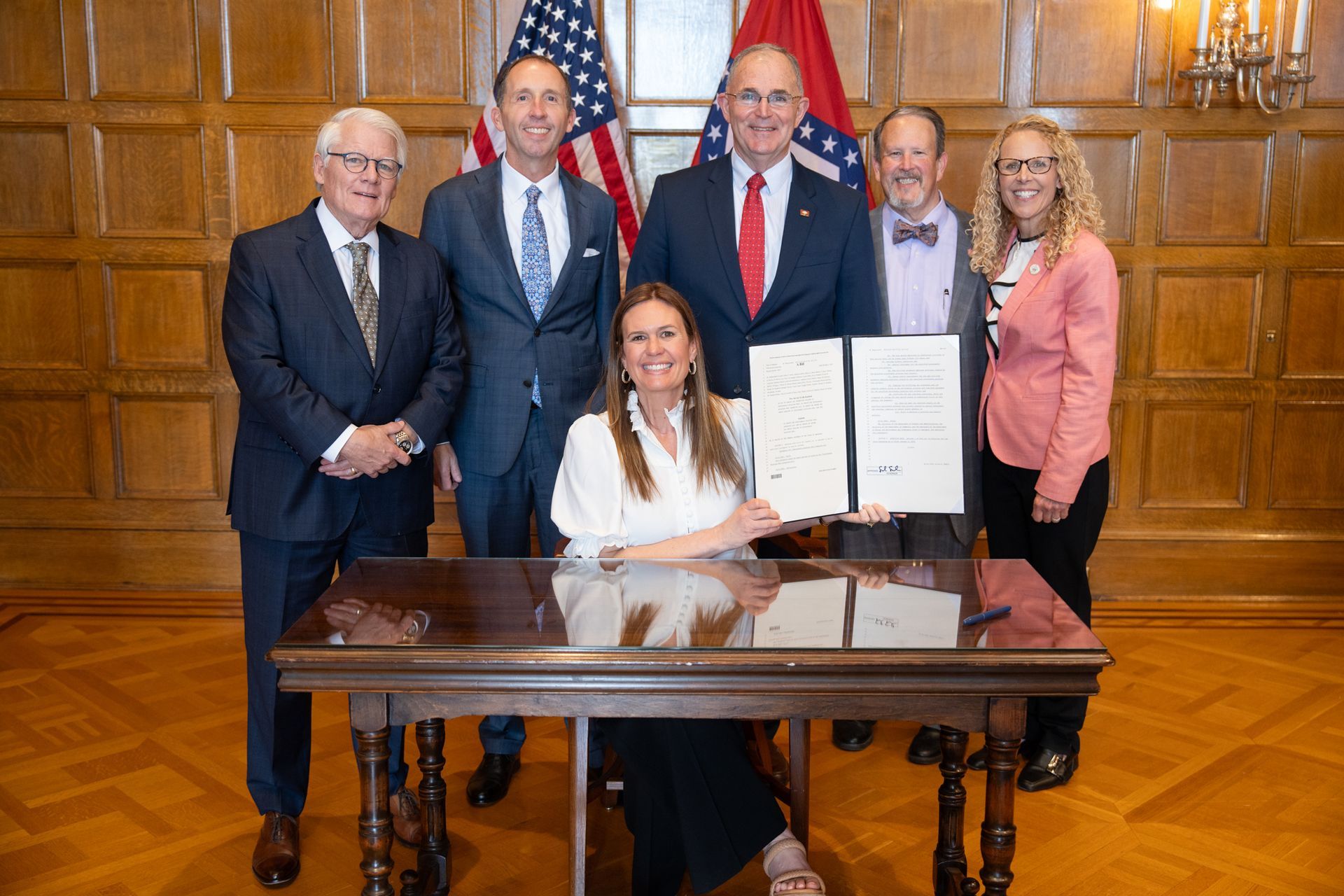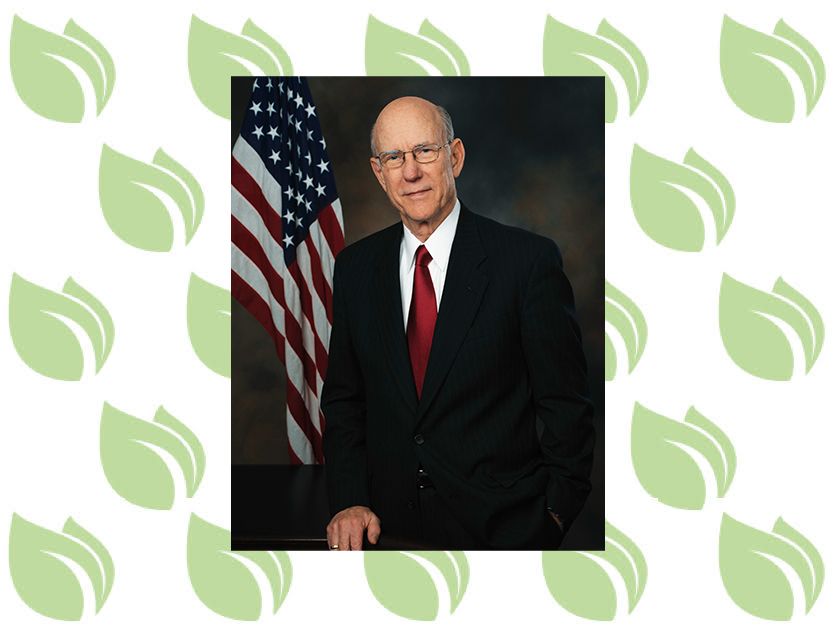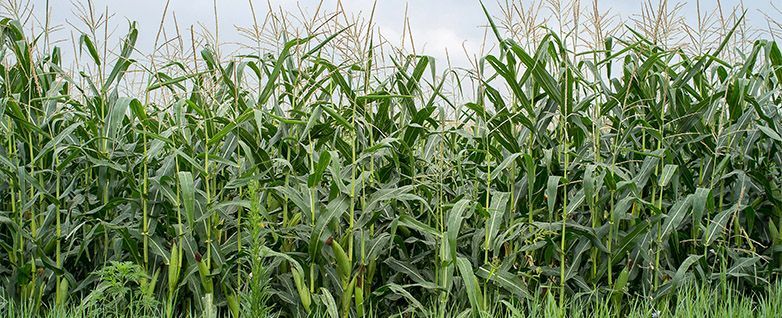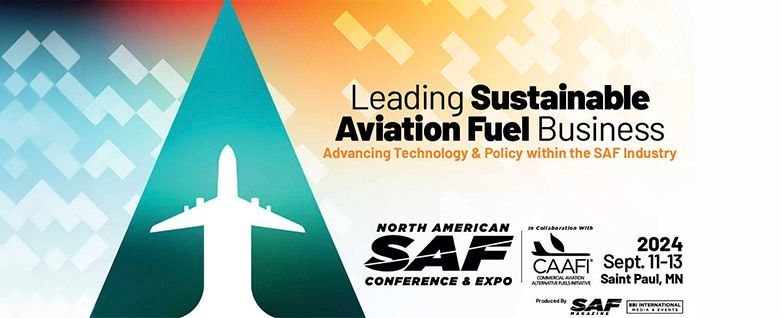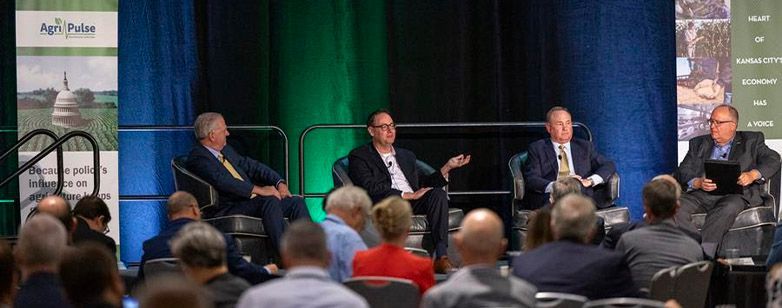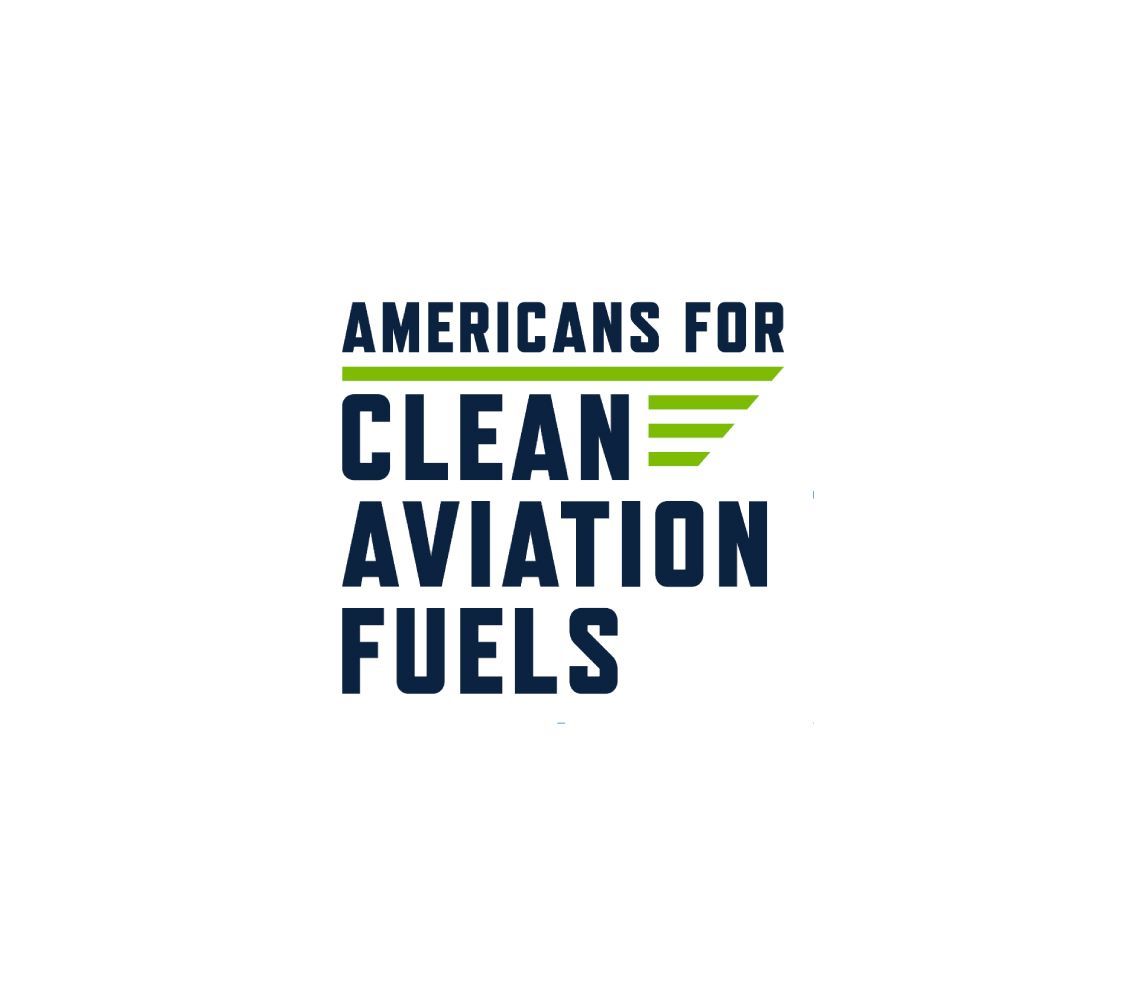ACAF Member Sees Innovative Farming Practices in Action on Kansas Farm Tour
ACAF Member Sees Innovative farming practices on Kansas Farm Tour
WICHITA, KS - As a founding member of Americans for Clean Aviation Fuels (ACAF), Delta Air Lines this week joined the Kansas Farm Bureau for a farm-to-fuel tour – an opportunity to see up close how innovative farming practices on Kansas farms can help expand the domestic production of clean aviation fuels (CAFs), including Sustainable Aviation Fuel or SAF.
The tour connected a range of stakeholders across the SAF value chain, including farmers, experts in the energy and agriculture industries, and Farm Bureau members from various counties. Through visits to soybean crushing facilities and biorefineries, discussions with agronomy experts, and tours of farms engaged in innovative practices like cover cropping and grain sorghum cultivation, the tour yielded valuable insights into how crops are transformed into biofuels.
“It’s invaluable to see firsthand how energy producers and farmers are working hand in hand to advance climate smart agricultural practices. The farmers we talked to are on the leading edge of innovations in farming, making substantial investments to reduce the carbon intensity of their crops,” said Nick Boeyink, ACAF States Director. “Kansas farmers are primed to reap the significant economic benefits of expanding America's SAF market, and this tour will help us make a strong case for a long term policy framework to support this growth.”
Stops at research farms and facilities also highlighted the role of grain quality and biofuel yields in the farm-to-fuel cycle, underscoring the importance of agricultural innovation in fuel production. The tour provided opportunities for the cross-sector collaboration needed to spur American SAF production, including learning about key issues related to grain segregation, carbon intensity scoring, and advancements in sustainable farming.
CAFs provide an environmentally sound alternative to using conventional jet fuel by significantly reducing lifecycle greenhouse gas emissions and encompass the universe of SAF – biofuels or synthetic fuels derived from renewable biomass feedstocks, waste resources, and renewable energy, as well as captured carbon and hydrogen.
